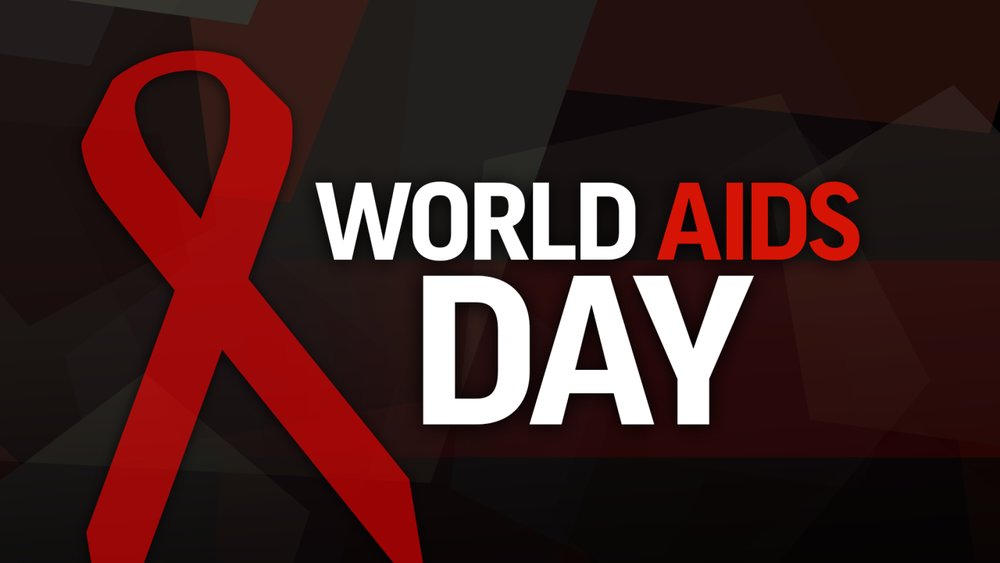Dr. Ahmed Al-Mandhari, WHO Regional Director for EMRO:
This year, we celebrate the thirtieth anniversary of World AIDS Day, on December 1, an annual event marked by countries around the world to advocate for more concerted action to prevent HIV and provide those who are living with HIV the lifesaving treatment they need in a manner that respects both human rights and their dignity.
In observing the Day this year, we take stock of our global commitments to reach the Sustainable Development Goal targets to end the AIDS epidemic as a major public health problem by 2030 and achieve universal health coverage.
The Day therefore represents an opportunity to examine country progress and scale up actions needed to meet the global targets.
Despite the commendable work being undertaken by Member States to fight the epidemic, we are still facing obstacles and challenges in providing access to lifesaving treatment and services.
While the annual number of new HIV infections in other WHO regions is declining, in WHO’s Eastern Mediterranean Region the number of new HIV infections has been increasing in recent years. Estimated new infections increased by 28%, from 29 000 infections in 2010, to 36 000 in 2017, which marks the highest rate of increase among all WHO regions.
In spite of the availability of lifesaving antiretroviral therapy, mortality among people living with HIV in our Region is increasing. Out of the estimated 350,000 people who are infected in the Region, only one third are aware of their infection, and only 18% have access to lifesaving treatment. Although the number of people receiving treatment has doubled in the last few years, the Eastern Mediterranean Region has the lowest rate of all WHO regions in diagnosing people who are infected and linking them to care and treatment.
The number of new HIV infections will continue to increase dramatically if implementation rates of interventions remain at current levels. Innovative approaches and integrated comprehensive packages for prevention, testing and treatment are needed to reduce the increasing number of new infections and reach people at risk of HIV with prevention, testing and treatment services.
Today, we have greater means than ever before at our disposal to prevent HIV infection, through traditional prevention methods, antiretroviral medicines for prophylactic treatment, interventions to prevent mother-to-child transmission and treatments to suppress the virus in people living with HIV, which can drastically reduce the likelihood of onward transmission to others.
Ensuring access to these services for everyone in need requires firm political commitment to remove barriers preventing people’s access, as well as tailored approaches and interventions according to the needs of the most affected groups.
As the HIV epidemic in the Region expands, we can no longer wait to scale up access to more comprehensive packages for prevention, testing and treatment. In moving towards the goal of universal health coverage, opportunities exist to strengthen our response to HIV and end the AIDS epidemic, particularly in the areas of ensuring financial risk protection and providing access to quality essential health care services and safe, effective care and treatment. The time for action is now.
On this World AIDS Day, we are calling on Member States, civil society, the private sector and academia to work towards achieving health for all and improving access of services for everyone to stop the rise in the number of new HIV infections and reduce the number of deaths from this totally preventable and manageable disease.
Dr Ahmed Al-Mandhari was appointed as WHO Regional Director for the Eastern Mediterranean by WHO’s Executive Board at its 143rd session and assumed office on 1 June 2018. A native of Oman, Dr Al-Mandhari has made a substantial, positive contribution to the development and modernization of Oman’s health system, which has witnessed qualitative improvements in recent years, particularly in areas such as patient safety.



